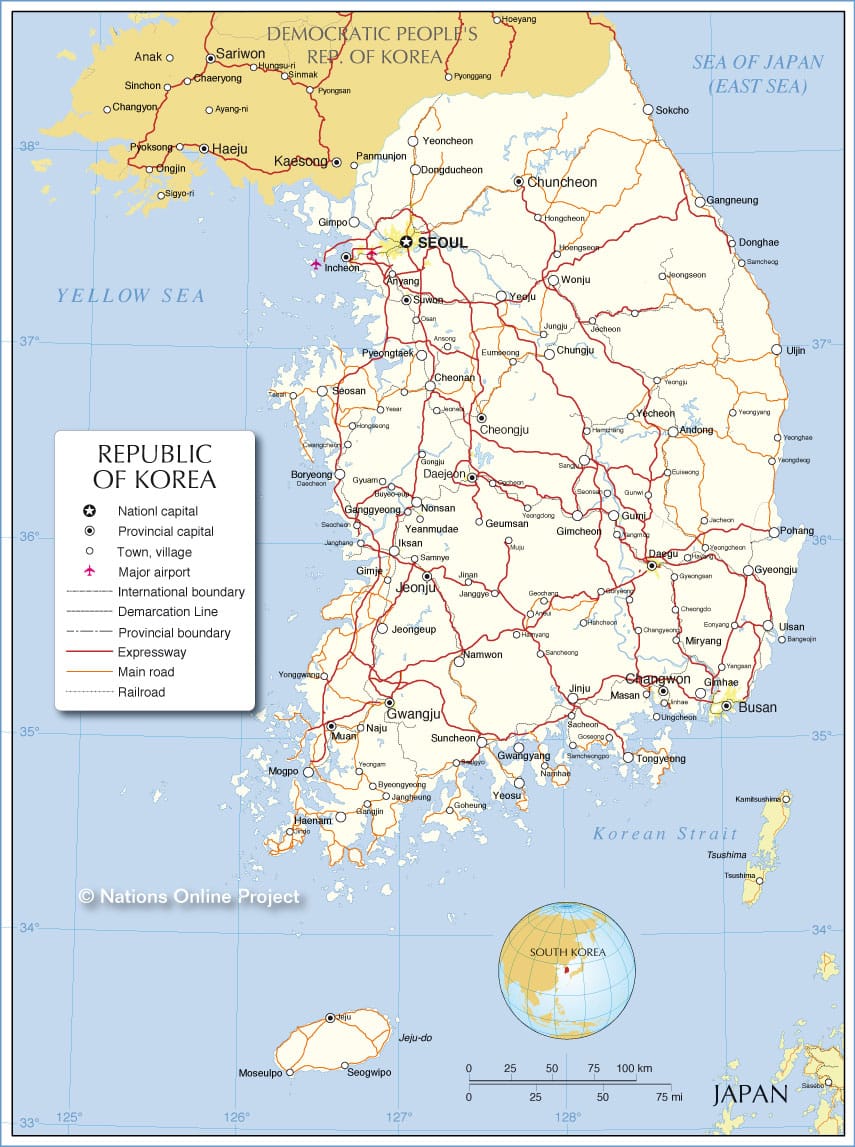In a development that has captured the attention of both American and Canadian political circles, former President Donald Trump has once again floated the idea of Canada becoming the 51st state of the United States. This renewed proposal comes in the wake of Canadian Prime Minister Justin Trudeau’s resignation, which has left a significant void in Canadian leadership and raised questions about the future direction of the country.
Trump’s offer is not entirely new; he had previously mentioned the concept during his presidency, suggesting that closer ties between the two nations could lead to economic and political benefits. However, the timing of this latest proposal is notable, as it coincides with a period of uncertainty in Canadian politics following Trudeau’s exit. Trudeau, who has been a prominent figure in Canadian politics since 2015, announced his resignation amid mounting pressure from various political factions and public dissatisfaction with his government’s handling of several key issues, including the economy and climate change.
In his recent statement, Trump emphasized the advantages that could arise from such a union. He pointed to the shared cultural, economic, and geographical ties between the United States and Canada as foundational reasons for this proposition. Trump argued that integrating Canada into the United States could create a stronger North American economy, streamline trade, and foster greater security cooperation. He also highlighted the potential for a more unified approach to international issues, suggesting that a combined entity could wield more influence on the global stage.
The idea of Canada becoming a state has historically been met with mixed reactions. While some view it as an opportunity for enhanced cooperation and prosperity, others express concern over national sovereignty and cultural identity. The prospect of such a significant political shift raises questions about how Canadian citizens would respond to the idea of statehood and what it would mean for their national identity.
Political analysts have noted that Trump’s proposal could be seen as a strategic maneuver to capitalize on the current political climate in Canada. With Trudeau’s resignation, the Liberal Party is expected to undergo a leadership transition, which could lead to shifts in policy and governance. Trump’s offer may be interpreted as an attempt to influence the political discourse in Canada, especially as the country prepares for its next election cycle.
Moreover, the implications of this proposal extend beyond the political realm. Economically, the integration of Canada into the United States could have far-reaching consequences. The two nations already share one of the largest trading relationships in the world, and a formal union could potentially enhance economic collaboration in sectors such as energy, technology, and agriculture. However, such a move would also necessitate significant adjustments in trade agreements, taxation, and regulatory frameworks.
In response to Trump’s comments, Canadian political leaders have largely refrained from engaging directly with the proposal. Instead, they have focused on the importance of maintaining strong bilateral relations with the United States, emphasizing cooperation on issues such as climate change, border security, and public health. The Canadian government has reiterated its commitment to sovereignty and self-determination, underscoring that any discussions about the future of Canada must involve the voices of its citizens.
Public opinion on Trump’s proposal is likely to be varied. Some Canadians may view the idea with skepticism, while others might see it as an opportunity for greater economic stability and security. However, the question of national identity will undoubtedly play a critical role in shaping public sentiment. Many Canadians take pride in their distinct cultural heritage and may resist any notion that threatens their sovereignty.
As the political landscape in Canada evolves following Trudeau’s resignation, it remains to be seen how this proposal will be received. The upcoming leadership race within the Liberal Party could influence the discourse surrounding U.S.-Canada relations, and potential candidates may need to address Trump’s comments in their platforms.
In conclusion, Donald Trump’s renewed offer to make Canada the 51st state presents a provocative idea that intersects with ongoing political changes in Canada. While the proposal may be viewed as a strategic move in the context of Canadian politics, it also raises fundamental questions about national identity, sovereignty, and the future of U.S.-Canada relations. As both nations navigate this complex landscape, the implications of such a proposal will continue to be a topic of discussion among politicians, analysts, and citizens alike.


